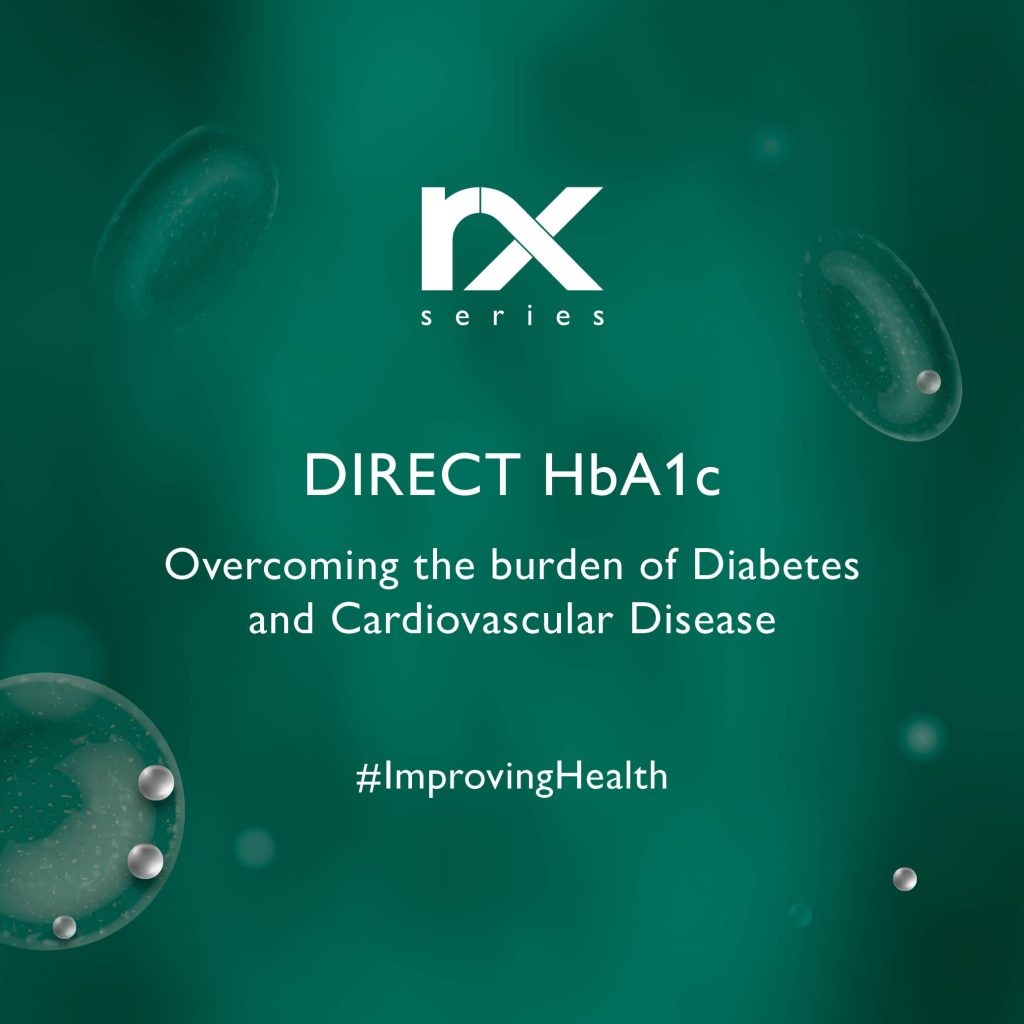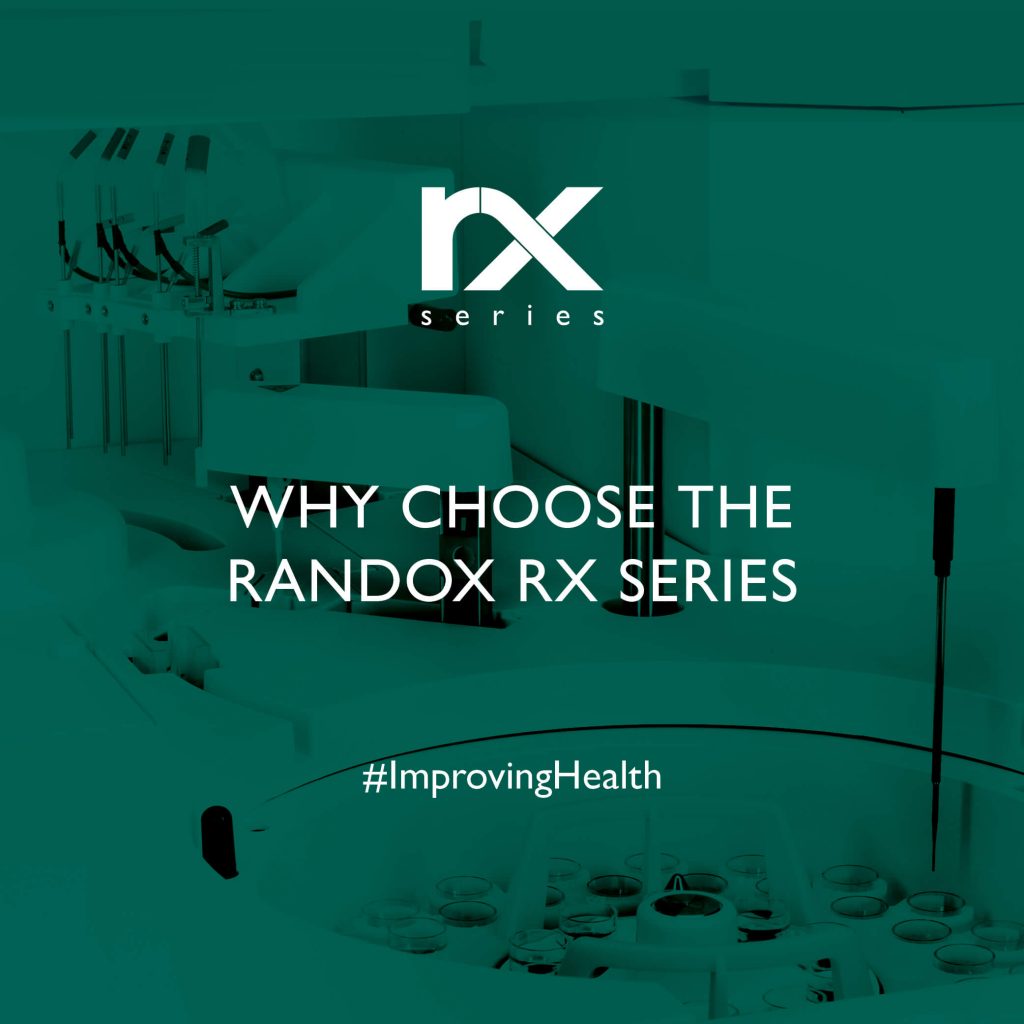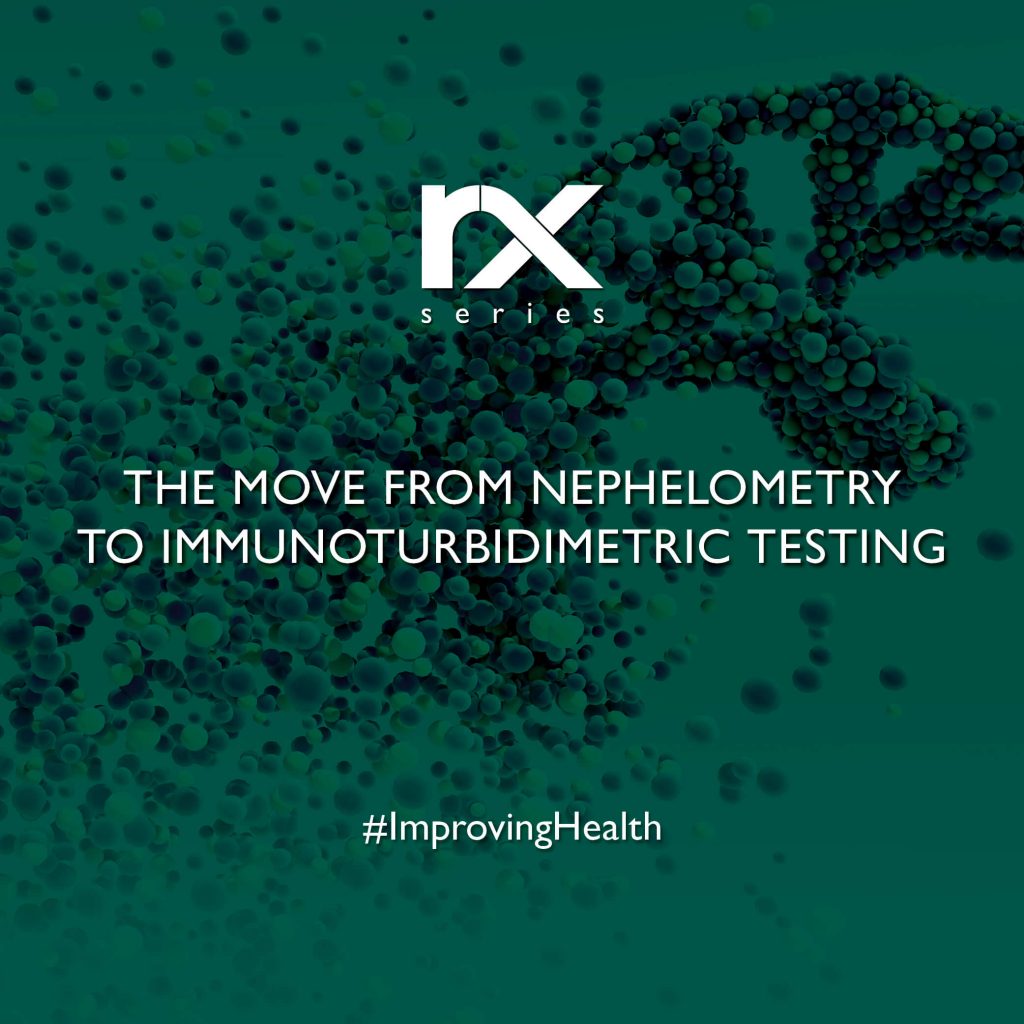Overcoming the burden of Diabetes and Cardiovascular Disease
Overcoming the burden of Diabetes and Cardiovascular Disease
The Prevalence
Cardiovascular disease (CVD) is the number one cause of death globally with more people dying annually from CVD than any other disease state. In 2018, according to the American Heart Association, CVD accounted for nearly 836,546 deaths in the USA (1) with over 17 million known deaths recorded worldwide. It is also proclaimed that around 1.5 million people globally die each year because of diabetes and diabetes related complications. (2) Is there a common link? Can this issue be controlled?
Studies have suggested that diabetes is one of the leading related conditions associated with increased risk of CVD death. A recent study undertaken in 2018 examined the association of many risk factors associated with CVD, the study was broken down by disease state with over 17,000 participants involved. The findings highlighted that 17.9% of these patients suffered from diabetes mellitus and death from a cardiovascular event. (3) Many other pilot and research studies discovered similar findings considering further risk factors such as high blood pressure, abnormal cholesterol and high triglycerides, obesity, lack of exercise and lifestyle choices such as smoking, alcohol and drug abuse. All of which are common with patients who suffer from diabetes, placing them at an increased risk of CVD.
Findings highlighted that over 68% of people aged over 65 living with diabetes die from some form of heart disease with 16% of individuals dying from an ischemic stroke. (4) The ability to tackle the prevalence of increased death from CVD and diagnosis of diabetes has become a global burden with the international diabetes federation projecting that 592 million people worldwide will have diabetes by 2035. (5)
Worldwide, the increase of diabetes is becoming an economic burden on the patient and healthcare systems mainly due to the direct costs of medical care and the indirect costs of moderated productivity, tied to diabetes and CVD related morbidity and mortality. Many scholars have highlighted economic burden as a primary attribute to both macrovascular and microvascular complications such as coronary artery disease, myocardial infarction, hypertension, peripheral vascular disease, retinopathy, end-stage renal disease and neuropathy. (6)

Overcoming the Burden
As CVD is the most prevalent cause of mortality and morbidity in patients with diabetes, effective treatment and analysis is required to control and decrease the number of CVD deaths across the globe. Tackling this issue head on, the Randox RX series introduce Direct HbA1c which refers to glycated haemoglobin which is a product of haemoglobin (a protein which can be found in red blood cells) and glucose from the blood making it glycated.
Testing for HbA1c provides an indication of what an individual’s average blood sugar level has been over recent weeks/months and is generally considered as an indicator of how well the patient is managing and controlling their diabetes. This is significant for those who suffer from diabetes because the higher the levels of HbA1c, the higher the chance of an individual suffering from further diabetes related issues, therefore testing for HbA1c improves the predictions of a CVD event occurring.
The Randox RX series have Direct HbA1c testing capabilities on the RX Daytona +, RX imola and RX modena. Our latex enhanced immunoturbidimetric method which the RX series utilises makes the test simple and quick to perform. The removal of the pre-dilution step removes the risk of human error compromising your results without the need for a separate HbA1c analyser.
Offering the world’s largest test menu, the RX series has an extensive range of cardiac, diabetes and lipid tests with excellent correlation to gold standard methodologies designed to allow laboratories to expand their testing capabilities onto one single platform, providing cost savings through consolidation.
References:
- American Heart Association. (2018). Heart Disease and Stroke Statistics 2018 At-a-Glance.Available: https://www.heart.org/-/media/data-import/downloadables/heart-disease-and-stroke-statistics-2018—at-a-glance-ucm_498848.pdf. Last accessed 7th Feb 2019.
- World Heart Federation. (2017). Cardiovascular diseases (CVDs) – Global facts and figures.Available: https://www.world-heart-federation.org/resources/cardiovascular-diseases-cvds-global-facts-figures/. Last accessed 7th Feb 2019.
- Gomadam, P et al, (2018). Blood pressure indices and cardiovascular disease mortality in persons with or without diabetes mellitus. Journal of Hypertension. 36 (1), 1-5.
- Heart attack and stroke symptoms. (2018). Cardiovascular Disease and Diabetes.Available: https://www.heart.org/en/health-topics/diabetes/why-diabetes-matters/cardiovascular-disease–diabetes. Last accessed 7th Feb 2019.
- Aguiree F, Brown A, Cho NH, Dahlquist G, Dodd S, Dunning T, Hirst M, Hwang C, Magliano D, Patterson C. (2013) IDF Diabetes Atlas.
- Bahia LR, Araujo DV, Schaan BD, Dib SA, Negrato CA, Leão MP, Ramos AJ, Forti AC, Gomes MB, Foss MC, Monteiro RA, Sartorelli D, Franco LJ, Value Health. (2011), 137-40.
Why Choose the Randox RX series?
Why Choose the RX series?
Notorious for quality and reliability, the Randox RX series delivers on precision, reliability and accuracy, revolutionising patient testing in a variety of laboratory types including Clinical Laboratories, University & Research Institutes and Veterinary Laboratories.
The RX series is world renowned for delivering superior performance, our comprehensive test menu comprises over 113 clinical chemistry assays – 22 more than our nearest competitor. In addition to this we offer superior methodology for many assays with excellent correlation to gold standard methods. Our test menu is constanty expanding and currently covers routine chemistry, specific proteins, lipids, cardiac markers, therapeutic drugs, drugs of abuse, antioxidants and diabetes testing including direct HbA1c testing capabilities. Designed to meet the needs of your laboratory, our range of novel tests allow laboratories to expand their test menu without expanding their lab ultimately reducing costs, labour and the risk of error without the need for additional / specialised equipment.
With a versatile range of semi-automated and automated analysers, the RX series offers flexibility to suit the needs of all laboratory requirements. Built on the foundations of robust hardware and intuitive software, the RX series will reduce costly test re-runs and potential misdiagnosis. With minimal analyser downtime significant cost and time savings are a reality.
Our prominent reputation of providing laboratories with unrivalled customer and technical support across the globe surpasses that of any of our competitors complementing our extensive and world leading test menu. We pride ourselves in both the delivery and functionality of high quality clinical chemistry analysers, dedicated reagents and support ensuring accuracy and reliability in reporting patient results.

Offering the World’s Largest Clinical Chemistry Test Menu
Most recently the RX series welcomed the addition of Direct HbA1c to our testing panel, available to be run on the RX Daytona +, RX imola and RX modena. If you are interested in running your assays on a routine biochemistry analyser, Randox offers a large range of high quality routine and niche protein assays that can be run on most automated analysers.
Click to discover more about our world leading RX series Testing menu or contact us today @theRXseries to find out how we can improve your laboratories testing capabilities.
Choose from the RX misano, RX monaco, RX daytona+, RX imola and RX modena to start your journey with the RX series today.
The move from Nephelometry to Immunoturbidimetric Testing
Background
In clinical diagnostics, proteins are part of a wide range of biochemical markers used to identify health and disease in patient samples. Proteins play a key role in the human body, as they are involved in almost every process and can be associated to functions and regulatory pathways that are either signature for disease onset or a target for therapeutic intervention.
There are two main methods used to detect proteins in patient samples; nephelometry and immunoturbidimetry. Nephelometry although traditionally thought to be more sensitive can be expensive due to higher consumable costs. In addition to this nephelometers can be inefficient and are limited by their test menu. Immunoturbidimetric tests are an increasingly accepted alternative to nephelometry for specific protein assays, and studies have shown a close correlation between Randox immunoturbidimetric tests and nephelometry. This particularly lies with the latex enhanced immunoturbidimetry methodology utilised by Randox.
Why the RX series?
Renowned for quality and reliability, the RX series excels in clinical testing combining robust hardware, intuitive software and a world leading test menu featuring routine and novel high performing reagents.
Running specific protein tests on the RX series provides laboratories with a wide range of advantages. The move from nephelometric testing to immunoturbidimetric lowers laboratory costs as nephelometry requires the use of dedicated instruments which are much slower, have higher consumable costs and require highly trained personnel, with the disadvantage of not being able to perform any other type of assay on a single platform.
The RX series improves laboratory efficiencies not just saving costs but also time. Our range of routine clinical chemistry analysers provide users with flexibility and versatility through consolidation of testing onto one single platform.

High Performing and Unique Testing Menu
The RX series of specific protein assays assist in the diagnosis and evaluation of various conditions each with excellent sensitivity and limited inference levels. Randox manufacture immunoturbidimetric kits for the study of a wide range of specific proteins including unique products such as Apolipoprotein C-II, Apolipoprotein C-III, Apolipoprotein E, Cystatin C and Microalbumin.
Most recently the RX series welcomed the addition of Direct HbA1c to our testing panel, available to be run on the RX Daytona +, RX imola and RX modena. If you are interested in running your protein assays on a routine biochemistry analyser, Randox offers a large range of high quality routine and niche protein assays that can be run on most automated analysers.
Click to discover more about our world leading RX series Testing menu or contact us today @theRXseries to find out how we can improve your laboratories testing capabilities.
